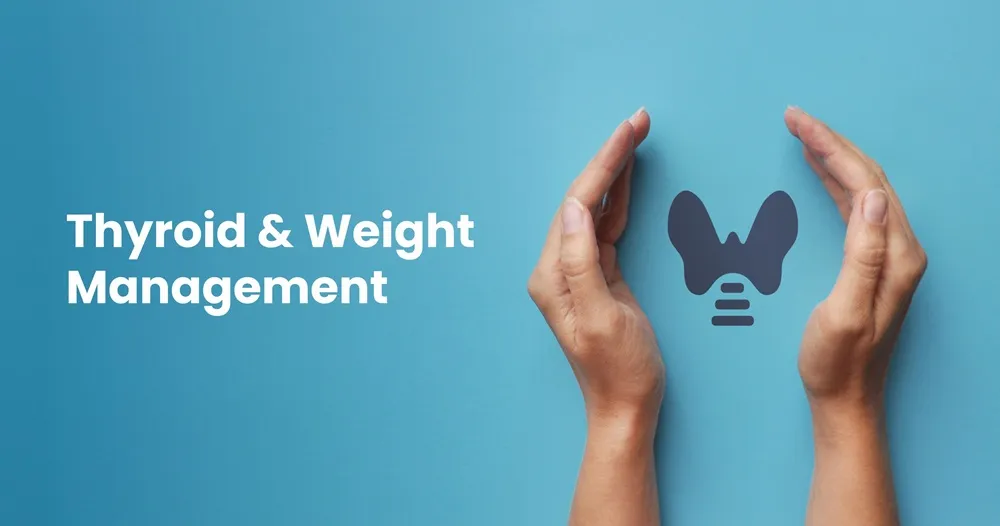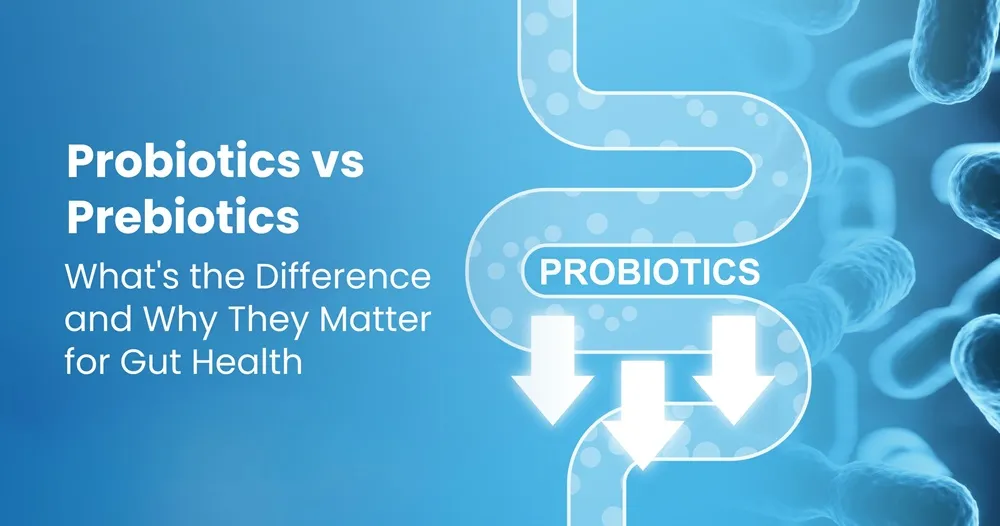PCOD & PCOS: What they Mean and How they Differ
Sep 19, 2022

Many women use the terms PCOD and PCOS interchangeably without realising the difference between the two. Despite the fact that these conditions affect the reproductive organs and cause hormonal disruptions, PCOD and PCOS are not the same.
This PCOS awareness month, let’s take a closer look at the two conditions and learn the differences between the two.
What is PCOD?
PCOD (Polycystic Ovary Disorder or Disease) is a hormonal condition that affects nearly 5 10% of women in their pre teens to adolescence (12 to 45 years). The ovaries — the female reproductive system— are responsible for generating progesterone and oestrogen hormones to regulate the monthly cycle, as well as inhibin, relaxin and male hormones (androgens). However, in the case of PCOD, the ovaries usually become enlarged and secrete large amounts of androgen and release a lot of immature or partially mature eggs, which eventually turn into cysts.
Women suffering from PCOD can encounter common symptoms like — abdominal weight gain, irregular periods, male pattern hair loss and infertility. The treatment for this condition usually involves alleviating the aforementioned symptoms.
weight gain, irregular periods, male pattern hair loss and infertility. The treatment for this condition usually involves alleviating the aforementioned symptoms.
What is PCOS?
PCOS ( Polycystic Ovary Syndrome) is a prevalent hormonal condition that affects women and causes infrequent or prolonged menstrual periods or excess production of male hormone (androgen) levels. The ovaries may develop numerous cysts and fail to regularly release eggs. Although the cysts are not dangerous, they can lead to hormonal imbalances. No one has traced the exact cause of PCOS, but if left untreated, this condition can progress over time and cause serious health issues like diabetes and heart disease.
What differentiates PCOS from PCOD
Despite having similarities, PCOS differs from PCOD in a few ways. In PCOD, the ovaries begin to release immature eggs, which cause hormonal imbalances and other symptoms, including swollen ovaries, whereas, in PCOS, endocrine problems cause the ovaries to produce too much androgen, which increases the risk of cystic ovulation. But unlike PCOD, these cysts won't be expelled; instead, they'll accumulate inside the ovaries.
Why the Misinformation?
Be it PCOS or PCOD, both have a sense of social stigma and misinformation because of stagnant thinking and the lack of awareness. Such disorders are common and must be talked about openly to disseminate the correct information through credible sources. Awareness about such issues also helps oblivious people to come out and seek diagnosis.
Only through striking conversation about menstruation and making an effort to educate people can help bring about a change. If you experience symptoms that might indicate PCOS or PCOD, don’t hesitate to book yourself a test so that you are sure of the condition and get appropriate timely treatment.
Related Blog Post
Blog Categories
- Child Health
- Mens Health
- Women's Health
- Mental Health
- Health Myths & Facts
- Fitness
- Nutrition/Recipes
- Remedies
- Weight Management
- Stress Management
- Health Supplements
- Addiction Management
- Disease Management
- Allergy
- Anemia
- Arthritis
- Asthma
- Autoimmune Diseases
- Blood Pressure
- Cancer
- Deficiencies
- Dengue/Malaria/Chikungunya
- Diabetes
- Eye Problems
- Heart Diseases
- Hepatitis
- HIV/AIDS/STD
- Hormonal Imbalance
- Infection/Flu/Viral
- Kidney
- Liver
- Menstrual Problems
- Pregnancy
- Skin & Hair Problems
- Stomach Ailments
- Thyroid
- Others
- Health Checkups
- Diagnostics/Pathology
- Lifestyle & Wellness
- Covid
- Medical Tests
- Cholesterol
- Health Tips
- Parent Care/Old Age
- Lungs
- Food Intolerance








